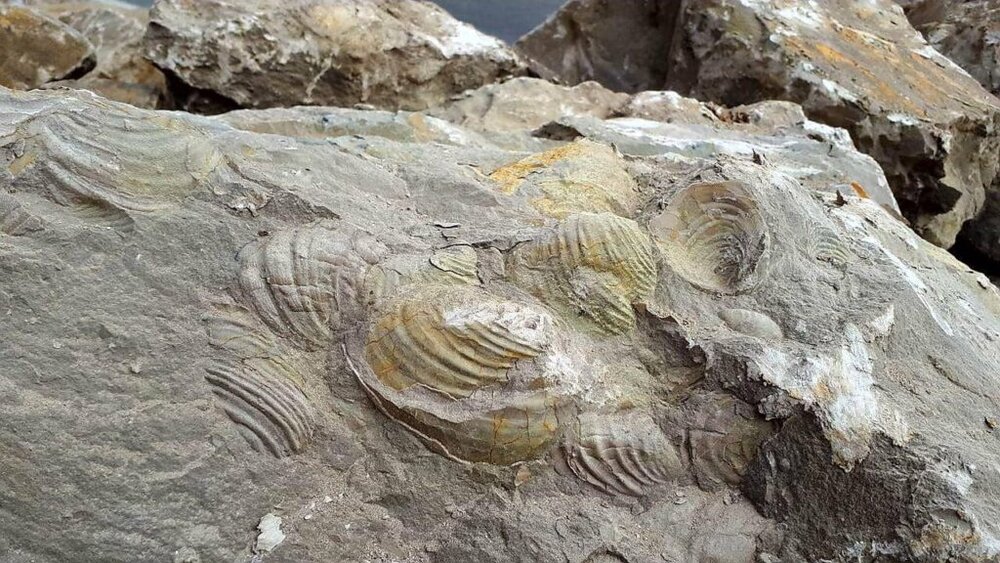Maragheh fossil site needs to be designated as geopark, expert says

TEHRAN – A fossil site in the city of Maragheh, northwestern East Azarbaijan province, should be designated as a geopark, the head of the Iranian Paleontological Society has said.
The Maragheh fossil site is among the five most important and valuable vertebrate fossil sites in the world and it has the potential to be designated an international geopark, IRNA quoted Abbas Qaderi as saying on Monday.
Geosites, no matter where they are, contribute to the development of land by being properly introduced and exploited, he noted.
This unique capacity of the region, however, deserves more attention and efforts to attract investment for the development of tourism, he added.
This valuable capacity, which is unmatched in other countries in the region and is rare in other parts of the world, calls for further study, introduction, and creation of various geosites as part of an important global geopark, he explained.
It is, therefore, possible to introduce Maragheh fossil site to the world as the fourth national geopark in Iran, he said.
The fossil site of Maragheh is one of the richest fossil areas in the world, and in the last study conducted, ancestral fossils of mammoths, giraffes, and deer were found in this area.
It was found that the fossil layers in Maragheh date back to the end of the Cenozoic period, approximately seven to twelve million years ago, and that scientific exploration can provide accurate information about the lives of these gigantic animals.
As a result of the presence of mastodon and mammoth fossils (prehistory fossils), the fossil area of Maragheh has global fame and is now under the protection of the province’s Department of Environment.
As the first national, natural, and fossil remnant of Iran, Maragheh has the highest rating of environmental protection.
A geopark is a unified area that advances the protection and use of geological heritage in a sustainable way and promotes the economic well-being of the people who live there. A UNESCO definition of the global geopark is a unified area with a geological heritage of international significance. Geoparks use that heritage to promote awareness of key issues facing society in the context of our dynamic planet.
Experts believe that the majority of geoparks help promote awareness of geological hazards, including volcanoes, earthquakes, and tsunamis and many help prepare disaster mitigation strategies with local communities. Geoparks embody records of past climate changes and are indicators of current climate changes as well.
A UNESCO Global Geopark fosters socio-economic development that is culturally and environmentally sustainable directly affecting the area by improving human living conditions and the rural environment. It gives local people a sense of pride in their region, strengthens public identification with the area, and promotes a better understanding of the area’s geological, natural, archaeological, cultural, and industrial heritage.
ABU/AFM
Leave a Comment